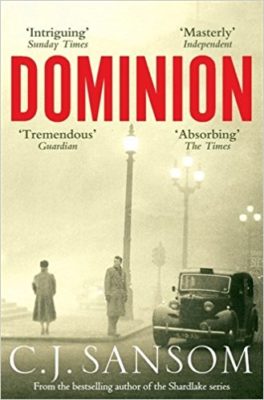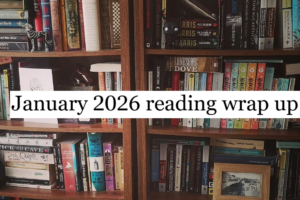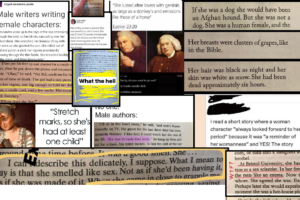
Dominion by C.J. Sansom
I recently finished C.J. Sansom’s Dominion, an alternative history mixed with dystopian thriller set in 1960s Britain.
In Sansom’s reimagining of 1940s politics, Winston Churchill was never prime minster, World War II never came to a head and Europe subsequently became a passive pawn to Nazi Germany’s bid to eradicate all Jews. In the ‘60s an underground rebellion forms, with the sole aim of removing Hitler from power and freeing minorities from two decades of senseless persecution – but will the rebels be able to defeat a force that has controlled the world for so long? And even if they manage it, will Europe accept these changes after so many years of Nazi rule?
Dominion started strong, with fascinating historical facts interwoven with subtle elements of fiction, but this was quickly diluted by paragraphs upon paragraphs of extraneous details. By the end of the novel (which is very, very long) I was begging for the finale, only for the plot to peter out with a meagre poof and a cliché showdown. The initial premise was incredible, but the characters were bland and the tail end of the plot full of holes. The bare bones of the novel could have been a good spy story, but I was disappointed after the promise of such an epic concept.
Although I found the novel to be a bit of a letdown, it did get me thinking – why are writers still so fascinated with the Nazis, particularly the idea of going back in time and altering the outcome of their reign? Dominion was first published in 2012 and Sansom grew up in the late ‘60s and ‘70s, so why has he felt such a strong connection with this specific period?
Of course, Sansom isn’t the only writer to have created an alternate history for World War II; The Plot Against America by Philip Roth, North Reich by Robert Conroy and The Madagaskar Plan by Guy Saville are a few of the many novels written in the past decade alone about it.
The devastation caused by this period of history is still being felt today, but why has this resonated more than any other event in time? Is it the scale of the atrocity? Because it involved so many countries and people of all walks of life? Is it because it’s taught so doggedly in schools? Or are the Nazis simply an iconic and easily recognisable villain?
Perhaps it’s all of the above. Perhaps it’s a form of social catharsis. Perhaps it’s nothing deeper than morbid fascination. Personally, the more facts I read about this period of time the sicker it makes me feel. The numbers, the individual tales, the details and devastation – the reality of it is unbelievable enough, yet I still find myself drawn to the fictional accounts.



Leave a Reply to no name Cancel reply